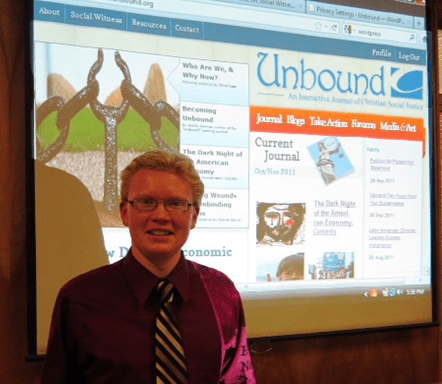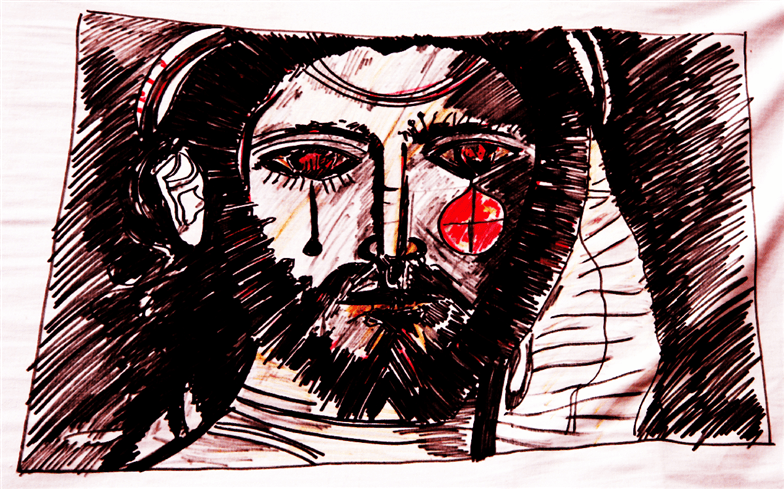[wpcol_1half id=”” class=”” style=””]
Globalization
Those principles developed in the 1996 report undergirded a substantial 2006 report, Just Globalization: Justice, Ownership and Accountability, resulting from the trade and aid monitoring the earlier report recommended. Already in the late 1990’s ACSWP member-experts had developed a set of four papers and held consultations in Brazil and Korea on aspects of globalization; minister, mission co-worker and economist Walter Owensby helped shepherd this work, which also became part of the PCUSA’s response to two major ecumenical critiques of economic globalization: “Covenanting for Justice in the Economy of the Earth” (the “Accra Confession”) of the World Alliance of Reformed Churches and “Alternative Globalization Addressing Peoples and Earth” (the AGAPE declaration, part of a larger “Poverty, Wealth & Ecology project) of the World Council of Churches. It was in response to these cries from the global church that the study part of Just Globalization contains an explicit critique of “neo-liberalism” or anti-regulatory capitalism.[15]
The concern about globalization was prompted by a widening “global income gap,” reflected as well within countries; largely unregulated and unstable patterns of capital flow and immigration; and challenges to existing Bretton Woods era international institutions by changing debt burdens, new economic powers (China, India, Brazil), communications technology and climate change. Globalization was defined as “the process by which people, nations and economies throughout the world become ever more connected and integrated. Although often driven by economics, globalization includes spiritual, cultural, political, and human welfare dimensions… what happens to people in the process of being ‘integrated’ is a key criterion by which globalization must be measured.” Receiving its substantial study document, the Assembly approved:
measures to (A) strengthen our own discipleship in an international context, and support measures by the community of nations and our own government that will (B) improve international governance, (C) manage technology for the common good, (D) support fair exchange in trade policy, (E) make development assistance more effective, (F) protect workers and vulnerable groups, and (G) encourage congregational, governing body, and missional responses.
[/wpcol_1half] [wpcol_1half_end id=”” class=”” style=””]
In terms of key visions, two themes may be noted. Building on an image from Martin Luther King, Jr., the introduction states: “We believe that the vision and values of the ‘world house’ are more encompassing than those of the ‘world market…” This is part of the celebration of the whole world as God’s household and economy. But then the need for reform:
The theological core of this work is Christian realism about sin, a particular gift of the Reformed tradition… Because no nation or people or king or pope or company or economic system is without sin, all need accountability. The recipe for this is still in our theological ethos as a church whose polity is rooted in democracy and representation. Democratic accountability is what all power needs… The values of sharing, sufficiency and sustainability make for a stewardship society more than an ownership society; the image of the covenant still reflects both our accountability to God and …God’s grace…
Those communal gifts of grace would certainly be needed a little more than two years later, in 2008, when a credit implosion began the current major recession. Ironically, the particular problem of sub-prime mortgages was warned against in a short resolution also adopted in 2006, A Reformed Understanding of Usury for the Twenty-first Century, which mainly focused on improving banking, lending, and borrowing practices, but nonetheless renewed the church’s attacks on the sin of excessive interest-taking and profiteering financial services.
[/wpcol_1half_end]






Unbound Social